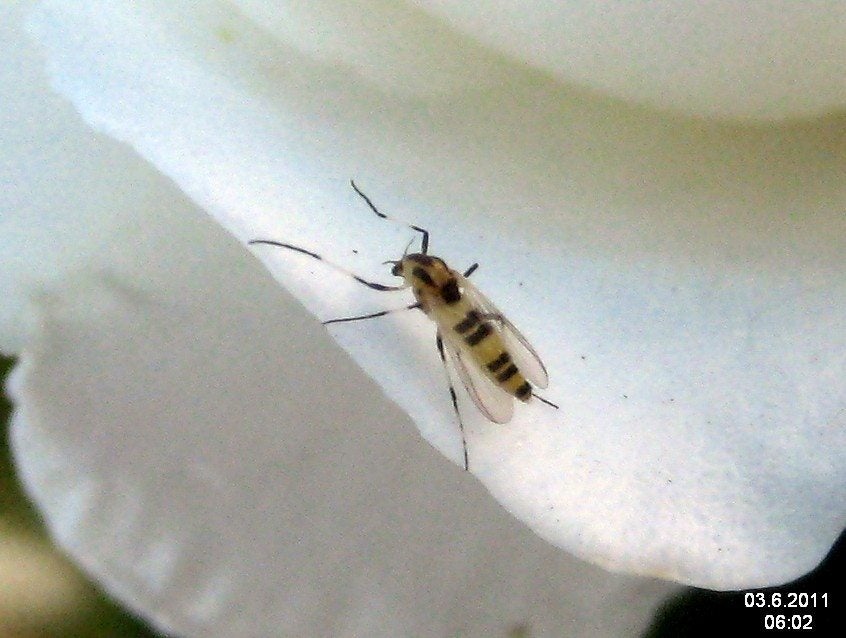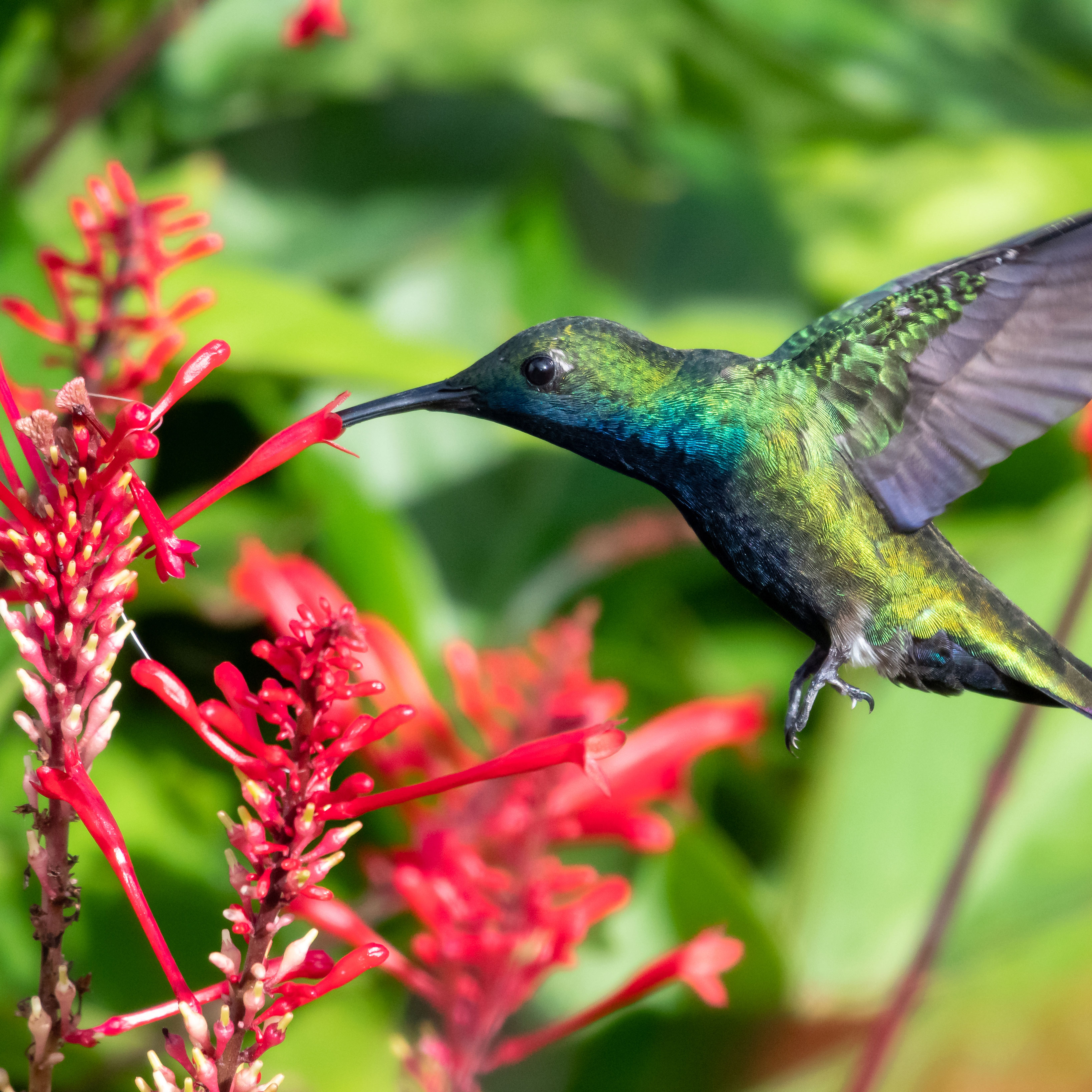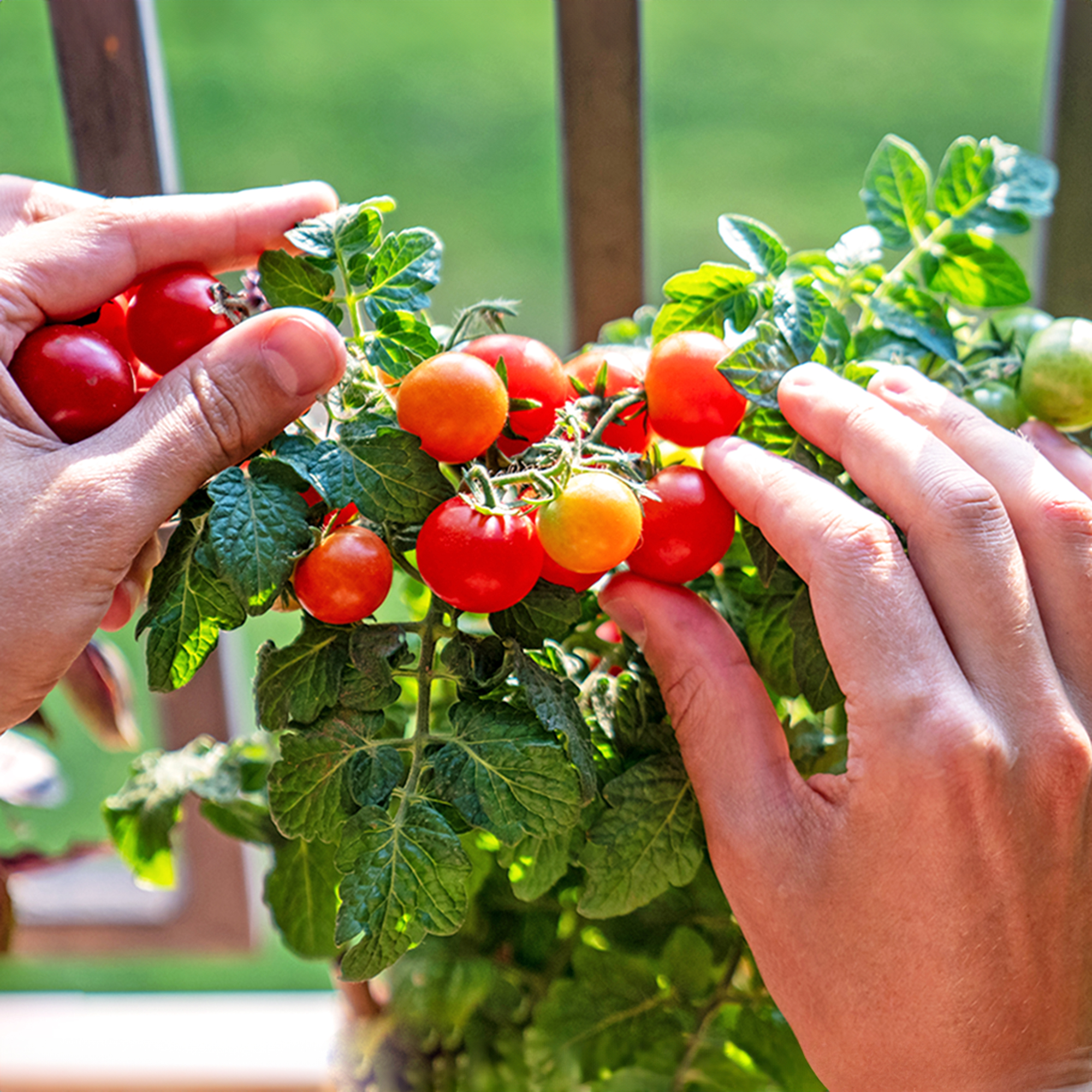Tips For Rose Midge Control


In this article, we will take a look at rose midges. The rose midge, also known as Dasineura rhodophaga, loves to attack the new rose buds or the new growth where the buds would normally form.
Identifying Rose Midges and Rose Midge Damage
Rose midges are similar to a mosquito in shape, emerging from pupae in the soil, typically in the spring. The timing of their emergence is nearly perfect to the timing of the onset of new plant growth and flower bud formation. At the early stages of their attacks, the rose buds, or the ends of the foliage where the buds would normally form, will be deformed or not open properly. After having been attacked, rose buds and new growth areas will turn brown, shrivel, and fall apart, with the buds typically falling off of the bush. A typical symptom of a rose bed infested with rose midges is very healthy rose bushes with lots of foliage, but no blooms to be found.
Rose Midge Control
The rose midge is an old foe for rose gardeners, as reports indicate that the rose midges were first detected in 1886 on the East Coast of the United States, more specifically New Jersey. The rose midge has spread across North America and can be found in most states. The rose midge can be very difficult to control due to its short life cycle. The pest keeps reproducing faster than most gardeners can make the needed insecticide applications. Some insecticides that appear to help with the control of the rose midge are Conserve SC, Tempo, and Bayer Advanced Dual Action Rose & Flower Insect Killer. If the rose bed is truly infested with the midges, repeat spray applications of the insecticides, approximately ten days apart, will likely be required. It appears the best control tactic is to apply a systemic insecticide to the soil around the rose bushes, using a systemic granular insecticide listed for the control of midges early in the spring is recommended where midge problems exist. The granular insecticide is worked into the soil around the rose bushes and is drawn up through the root system and dispersed throughout the foliage. Water rose bushes well the day before the application and again after the application.
Gardening tips, videos, info and more delivered right to your inbox!
Sign up for the Gardening Know How newsletter today and receive a free copy of our e-book "How to Grow Delicious Tomatoes".

Stan V. Griep contributed to Gardening Know How for many years, and has been a Colorado Native Rosarian for over four decades. He is an American Rose Society Certified Consulting Master Rosarian in the Rocky Mountain District, and a member of the Denver Rose Society, the Loveland Rose Society, and the American Rose Society. He is Gardening Know How's in-house expert on all things roses.
-
 Terrifically Tubular Flowers For Hummingbirds: 9 Tube-Flowered Plants To Attract Hummers
Terrifically Tubular Flowers For Hummingbirds: 9 Tube-Flowered Plants To Attract HummersGrowing tubular flowers for hummingbirds helps you create the optimum feeding conditions for your winged friends. Here are nine tubed delights for hummers
By Tonya Barnett
-
 How To Grow Hydroponic Tomatoes For Fresh Indoor Harvests – No Soil Required
How To Grow Hydroponic Tomatoes For Fresh Indoor Harvests – No Soil RequiredLearning how to grow tomatoes in water is easy and allows you to harvest fresh-home-grown produce in every season without any mess.
By Ellen Wells